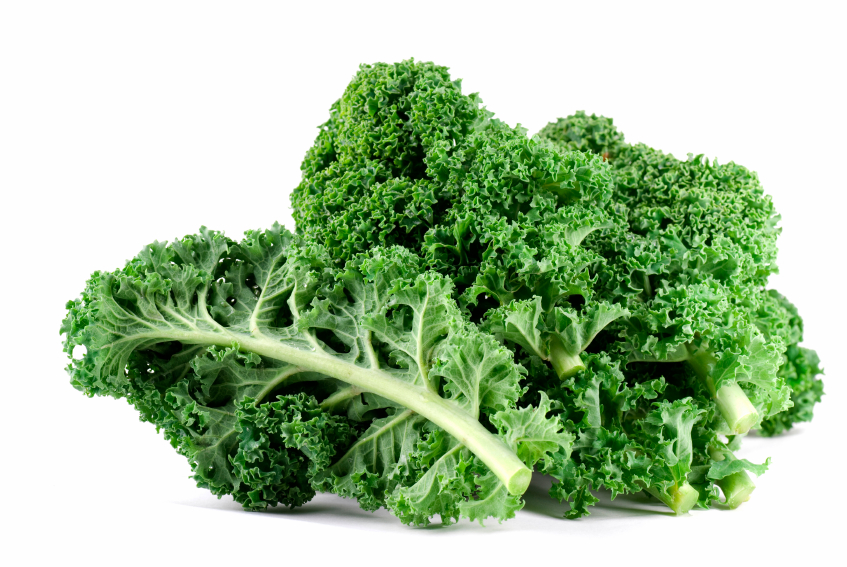Mediterranean diet helps prevent cancer, nutrition science study finds
03/18/2018 / By Jessica Dolores

Everyone may have heard, at some point, a friendly suggestion to “eat your vegetables.” It turns out, that is actually sound advice, when it is part of the Mediterranean Diet (MD), according to research. In a study that appears in Current Nutrition Reports, authors used available information from various studies to provide an overview of the link between MD and cancer formation.
The study offered a glimpse of two operational definitions of MD. The first one, the Mediterranean Dietary Score, assigns a value for each component of MD. Beneficial components are factored in the score, which includes the increased intake of vegetables, fruits and nuts, legumes, unprocessed cereals, fish, and a high ratio of monounsaturated fatty acids to saturated fatty acids. In addition, the dietary score also identifies components that are harmful, such as meat and meat products – including poultry – and certain dairy products.
The second one is a derivative of the dietary score, with some modification on food items and scoring. Some important differences include the following:
- Removing potatoes from the vegetable group
- Splitting fruits and vegetables into two groups
- Excluding the dairy group
- Adding whole-grain products in a separate category
- Including red and processed meat only in the meat group
The authors also looked at randomized clinical trials (RCTs) and prospective cohorts studies on the effects of MD. The first RCT that showed the relationship between MD and ischemic heart disease was the Lyon Diet Heart study, which revealed that MD has a protective effect against cancer development. The cohort studies, meanwhile, indicated that MD could lessen the risk of overall cancer mortality by 13 percent.
The power of the elements: Discover Colloidal Silver Mouthwash with quality, natural ingredients like Sangre de Drago sap, black walnut hulls, menthol crystals and more. Zero artificial sweeteners, colors or alcohol. Learn more at the Health Ranger Store and help support this news site.
The effects of MD on certain types of cancer were also reviewed in this study. The authors found the diet can reduce the likelihood of breast cancer in postmenopausal women. In other forms of cancer, researchers noted that the diet reduced it by the following percentages: 17 percent for colorectal cancer, 4 percent for prostate cancer, 27 for gastric cancer, 42 percent for liver cancer, 44 percent for esophageal squamous cell carcinoma, and 40 percent for head and neck cancer.
“The Mediterranean Diet’s ability to help prevent cancer stems from the natural anti-cancer phytonutrients found in the food components of the diet,” explained Mike Adams, the Health Ranger, author of Food Forensics. “Stunningly, there are a few doctors and health practitioners still living today who believe there’s no such thing as an anti-cancer nutrient in natural foods. This is the scientific equivalent of believing in the Flat Earth theory, or the cultural equivalent of believing that women shouldn’t vote or that whites and blacks should drink from different water fountains,” Adams explained. “Every informed nutritionist, doctor and scientist knows that many natural foods contain potent anti-cancer compounds. Anyone who denies that is either scientifically illiterate or self-deluded,” Adams added.
In addition, the components of the MD were also individually reviewed to understand their health benefits.
- Fruits and vegetables: Researchers believe that the protective property of fruits and vegetables is due to the presence of flavonoids. In particular, flavonoids possess antioxidant, anti-inflammatory, anti-mutagenic, and anti-proliferative properties. (Related: Mediterranean diet slows cellular aging, study shows.)
- Fish: Eating copious amounts of fish means that the body has access to n-3 fatty acids, the authors wrote. The fatty acids are anti-inflammatory and may inhibit the development of cancers.
- Whole grains: The fiber content of whole grains directly affect a person’s chances of developing colorectal cancer, with increased consumption having positive health outcomes. Reviewed studies also indicated that whole grains are also linked to a reduction of insulin resistance – which greatly benefits those with Type 2 diabetes.
- Olive oil: The authors noted that consuming olive oil has decreased the likelihood of breast cancer for women, as well as cancers of the digestive system and the development of neoplasms in the respiratory system. Olive oil also contains polyphenols which target specific cells that may cause cancer.
- Alcohol and red wine in moderation: Researchers define “moderate” in the study to less than 30 grams a day for men and 20 g/day for women. A separate study has shown that drinking less than 12.5 grams of ethanol (a component of alcoholic beverages) a day can decrease the risk of dying from cancer.
- Red and processed meat: Red and processed meat in MD is not widely consumed and is considered to be unfavorable. One study showed that the consumption of red meat is linked to the development of colorectal tumors.
- Dairy products: There are differing results of studies on the effects of milk and dairy products when it comes to cancer development.
Researchers concluded that the Mediterranean diet, characterized by food rich in vegetables, fruits, nuts, legumes, cereals, and fish, lowers the incidence and the development of cancer; thus, reducing the number of deaths associated with the illness.
Follow more news on food and health at Food.news.
Sources include:
Tagged Under: cancer, food science, good food, Mediterranean diet, natural remedies, nutrients, nutrition, prevention




















